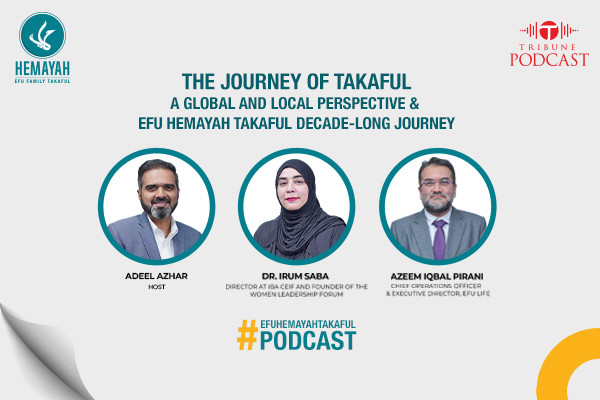Pakistan's Takaful Boom: How Islamic Insurance is Transforming the Financial Landscape

Pakistan's financial sector is undergoing a fascinating transformation, driven by the burgeoning Takaful industry. For decades, a considerable segment of the population shied away from conventional insurance, perceiving it as incompatible with Islamic Shariah principles. But that’s changing, and fast. Takaful, a cooperative system of risk sharing rooted in Islamic finance, is rapidly gaining traction, offering a faith-aligned alternative that's resonating with a large and previously underserved market.
The Regulatory Push: SECP's Takaful Window
A key catalyst in this evolution has been the Securities and Exchange Commission of Pakistan (SECP). Recognizing the potential of Takaful, the SECP introduced a dedicated 'Takaful Window' license, providing a clear regulatory framework for Takaful operators. This move was crucial, providing much-needed clarity and fostering confidence among both consumers and investors. The window allows conventional insurance companies to offer Takaful products alongside their existing offerings, broadening access and driving competition.
As Pirani, a prominent figure in the industry, noted when he first entered the field, the perception of insurance as being 'haram' (forbidden) was a significant barrier. Overcoming this required education, transparency, and a demonstrable commitment to Shariah compliance. The SECP’s regulatory framework has played a vital role in building that trust.
Why Takaful is Taking Off
Several factors are fueling the growth of Takaful in Pakistan. Firstly, there's a strong cultural and religious affinity for Islamic finance principles. Takaful’s cooperative model, where participants share risks and rewards, aligns perfectly with these values. Instead of paying premiums to an insurance company, participants contribute to a 'pooled fund' to cover losses. Any surplus funds are then distributed back to the participants, further reinforcing the cooperative nature of the system.
Secondly, increasing financial literacy and awareness are driving demand. As more Pakistanis understand the importance of risk mitigation and financial protection, they are actively seeking Shariah-compliant options. Takaful offers a viable solution, particularly for those who previously felt excluded from the insurance market.
Thirdly, the Takaful industry is becoming increasingly innovative, developing a wider range of products to cater to diverse needs. From family Takaful (covering life and health) to general Takaful (covering property and vehicles), the options are expanding rapidly. The introduction of micro-Takaful products is also opening up opportunities to reach low-income communities.
Challenges and Opportunities Ahead
Despite its promising trajectory, the Takaful industry in Pakistan still faces challenges. One key hurdle is raising awareness among the broader population. Many people are still unfamiliar with the concept of Takaful and its benefits. Further educational initiatives are crucial to dispel misconceptions and promote understanding.
Another challenge is the need for greater standardization and transparency in Shariah compliance. While the SECP provides a regulatory framework, ongoing efforts are needed to ensure consistent adherence to Shariah principles across all Takaful operators. This will further enhance consumer trust and confidence.
However, the opportunities are immense. Pakistan has a large and underpenetrated insurance market, and Takaful is uniquely positioned to tap into this potential. With continued regulatory support, innovative product development, and targeted marketing efforts, the Takaful industry is poised for significant growth in the years to come, reshaping Pakistan's financial landscape and providing much-needed financial protection to millions.






